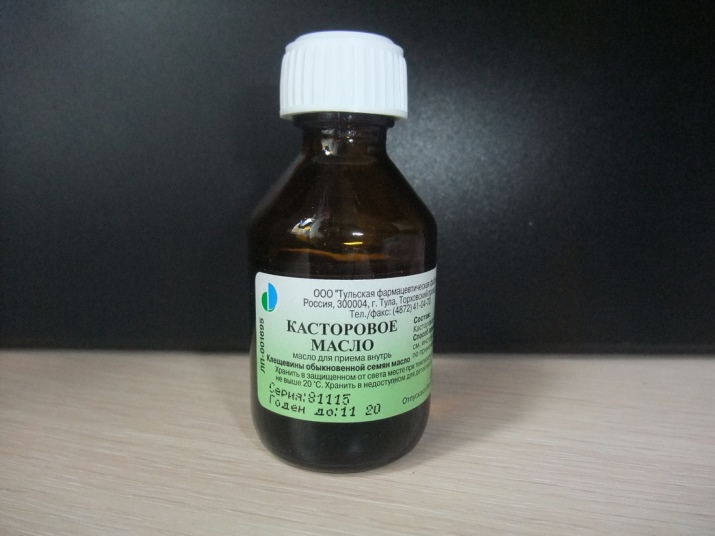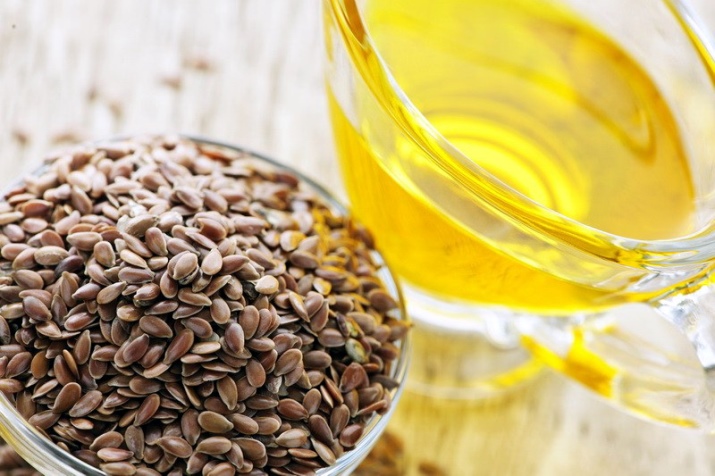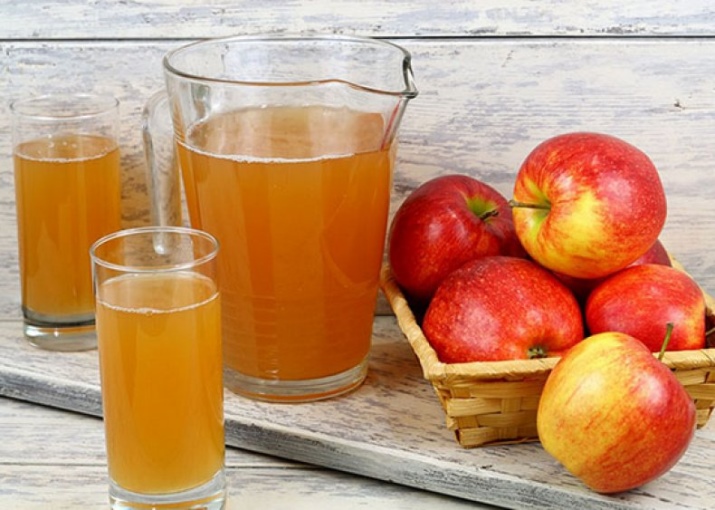How to take vegetable oil for constipation?

Constipation is a painful phenomenon that not only causes discomfort when trying to defecate, but also poisons the entire body as a whole. After all, fecal masses that are not excreted in time turn into a source of toxins.
You can take pharmaceutical remedies for constipation with a laxative effect, or you can use an old and proven folk remedy - vegetable oil.

Benefit
The benefits of vegetable oil for constipation are known to everyone, from medical professionals to alternative medicine practitioners. It is a recognized natural laxative that can make constipation easier for people of all ages. It is suitable for pregnant women and children, it can even be given to babies., however, provided that you know how to do it correctly. Natural vegetable oil sometimes works even faster than pharmacy laxatives.
The oily texture of the liquid is almost not absorbed in the stomach, it is not affected by the aggressive environment of gastric juice, and therefore the product almost unchanged reaches the large intestine, where it softens the stool and promotes their rapid elimination in a natural way.
And this is far from the only benefit of a spoonful of a vegetable product.Oil envelops the intestinal walls, additionally protecting it from microtrauma during defecation, it has a positive effect on the mucous membrane itself, intestinal motility improves due to additional nutrition of the muscles responsible for intestinal contractions.

The oil taken contributes to the additional secretion of bile, due to which digestion improves. But all this works that way only if the reception of the remedy is caused by an emergency situation - the resulting constipation. You should not drink oil on a regular basis. If constipation has become a nightmarish reality and recurs periodically, the situation cannot be corrected with oil - you need to see a doctor and establish the true cause of what is happening.
The most useful is the oil, which is obtained by cold first pressing. If the product has been subjected to thermal effects, processing, then it is no longer so useful, and it is not worth counting on the fact that it will have a pronounced positive effect.
When talking about vegetable oil, we often mean only the product obtained from sunflower seeds. But this is not at all the only vegetable oil, moreover, it is not the most useful for combating constipation.

There are other types of natural product that are more laxative.
- castor It is an unpleasant tasting but very effective oil for constipation. Already after 2 hours, and sometimes even earlier after taking a spoonful of such a product, the desired effect is achieved. Its benefit is in the high content of ricinoleic acid, oleic and linoleic acids, which, when split (an inevitable process in the intestinal environment), have an irritating effect on the receptors of the intestinal membranes.

- olive - in terms of efficiency, it is no worse than castor oil, but much more pleasant in taste, however, and much more expensive. The composition of the product is rich in fatty acids, which are useful for the immune system, the functioning of the nervous system.

- Linen - the taste is interesting, but not everyone will like it. Some love it, while others can't stand it. But the action is very delicate, not as sharp as that of castor oil. Additionally, the composition of the product has a positive effect on metabolic processes.

- sea buckthorn - weakens so-so, but has a beneficial effect on the entire digestive tract, enveloping both the esophagus and the small intestine, due to which, in the end, the result we need is achieved. It has anti-inflammatory and antimicrobial action.

- Pumpkin - an excellent natural laxative, additionally having a strengthening effect on the condition of the mucous membranes. Especially useful for hemorrhoids, anal fissures.

If we talk about the oil that is in every kitchen - sunflower, then it acts much more slowly, than most of the products listed above. But it has almost no contraindications, does not cause allergies.
It should be noted that sesame, and cedar, and corn oil help to cope with constipation, and it is also permissible to use camelina oil.
But vaseline oil, which many consider an excellent remedy for constipation (and this is true!), Does not apply to vegetable oils. Vaseline is a by-product of oil refining, it has nothing to do with plants.
But it is also suitable for dealing with constipation.

Contraindications and harm
Much is said about the benefits of vegetable oils, but the harm can be heard less often. This does not mean at all that there is no harm, just that, indeed, not everyone knows about it.But if you are going to treat constipation with oil, you should carefully read the possible consequences and the list of contraindications.
First of all, an excess of the product can harm - you need to use the oil in the quantities that are recommended, nothing more.
Do not drink oil every day - this will not bring benefits, but lipid metabolism can be disrupted, and therefore the consequences for the body can be catastrophic.

Contraindications for which it is not worth using vegetable oil even for a one-time "emergency" case are as follows:
- high blood pressure;
- the presence of diabetes;
- obesity;
- chronic diseases of the kidneys, liver, cholelithiasis;
- chronic or acute diseases of the stomach, intestines;
- recent surgery;
- taking blood thinners (vegetable oils may not adequately enhance their effect);
- additional symptoms when constipation occurs with fever, abdominal pain, vomiting.
You should refrain from using vegetable oil in case of an individual allergic reaction to the plant from which it was obtained. Without the permission of a doctor, it is strictly forbidden to drink oil for pregnant women and preschool children. The use of the product by women "in position" and in childhood has its own nuances, which will be discussed below.

How to use?
There are several ways to take oil for constipation. If the taste of vegetable oil does not cause disgust, you can drink it, and if you can’t eat it, you can make an enema with vegetable oil. Many try to drink oil with the addition of other products so that the taste is more tolerable and pleasant.
If you take the oil in its natural form without impurities, you are a courageous person.The adult dosage to achieve a laxative effect is 1 tablespoon. It is allowed to drink a glass of water at room temperature. Eating is carried out no earlier than an hour after taking the oil.
As an additive that will improve the taste of the herbal product, you can use the juice that you squeeze just before drinking. Carrot and beet juice are ideal for loosening stools. The amount of juice - no more than 100 grams. Oil can be washed down with juice or mixed with it and drunk all together.
It is recommended to take this cocktail on an empty stomach. If vegetable juices are no more your thing than pure butter, use homemade apple juice.

Has excellent effect a mixture of vegetable oil with kefir. For this recipe, you will need half a glass of kefir and a tablespoon of oil. The mixture is recommended to use at night. If you drink it before going to bed, you will easily and naturally go to the toilet in the morning. And so that the night's sleep is not interrupted by the body's insistent demand to get up and run to the toilet, do not eat too much at night, limit yourself to a light dinner, and take oil with kefir immediately before bedtime, 3 hours after dinner.
You can mix butter with natural yogurt, with egg yolk.
It is not difficult to make an enema with oil. All you need is a baby pear. Draw about 30 ml of the product into it and gently inject rectally. If you do this at night, then in the morning a soft and delicate bowel movement will be provided in most cases. An important nuance - use warm oil for an enema, but not hot, otherwise you can get severe burns of the rectal mucosa.

Helpful Tips
The main recommendation is an urgent requirement not to overdo it. If the accepted spoonful of oil did not lead to bowel movements within 10-12 hours, you should not take a new one, increase the dosage. It is worth using other means, for example, pharmacy laxatives.
As already mentioned, for pregnant women and babies there are rules for treating constipation with vegetable oil.
Children
Be sure to check with your pediatrician. Do not give your child oil just because your grandmother or neighbor praises it for its laxative properties. It is not necessary to give the child oil to drink, you can give him an oil circular massage of the tummy in a clockwise direction using warm oil. If massage does not help, you can add about 5 ml (half a teaspoon) of oil to a vegetable or fruit puree.
In extreme cases, an enema is made, to which warm water and a spoon (of course, a teaspoon) of oil are added. The amount of water depends on the age of the baby: up to 6 months - no more than 40-60 ml, from six months to a year - about 100 ml, for children older than a year - 200 ml.
An enema can be given to a child no more than once a week.

pregnant
Expectant mothers also need to get the advice of a doctor. Among all types of oil, it is better for pregnant women to opt for olive or pumpkin oil, it should be taken on an empty stomach, preferably in the morning. It is good to combine oil with natural juices. But rectal administration (enema) during pregnancy is undesirable.
Reviews about the tool
The largest number of positive reviews from the good old castor oil. It "works" almost 100% of the time. According to reviews, water with the addition of lemon juice helps to get rid of an unpleasant aftertaste in the mouth after a spoonful of such a product.
During the day, experienced people do not advise taking the product - after any oil, there is a feeling of slight nausea, and this can cause a decrease in efficiency.
In addition, a daytime intake is fraught with a sudden urge to go to the toilet, and if he is not around, the situation will be unenviable.

There are a lot of reviews about the lack of effect - despite the correct intake, following the recommendations, the stool has not been relaxed. Most often, pregnant women and the elderly complain about the lack of effect. Their intestinal muscle tone is reduced (in expectant mothers due to the effects of progesterone, in the elderly due to age-related changes in muscle tissues).
Moms who treat constipation in children with such a folk remedy often complain of an excessive effect - the occurrence of diarrhea, nausea, and sometimes vomiting. Most often this is due to a violation of the dosage. Parents often do not pay attention to the fact that the concept of "spoon" can be different, and for children this spoon should be a teaspoon, and for adults - a dining room.
See below for details.

















